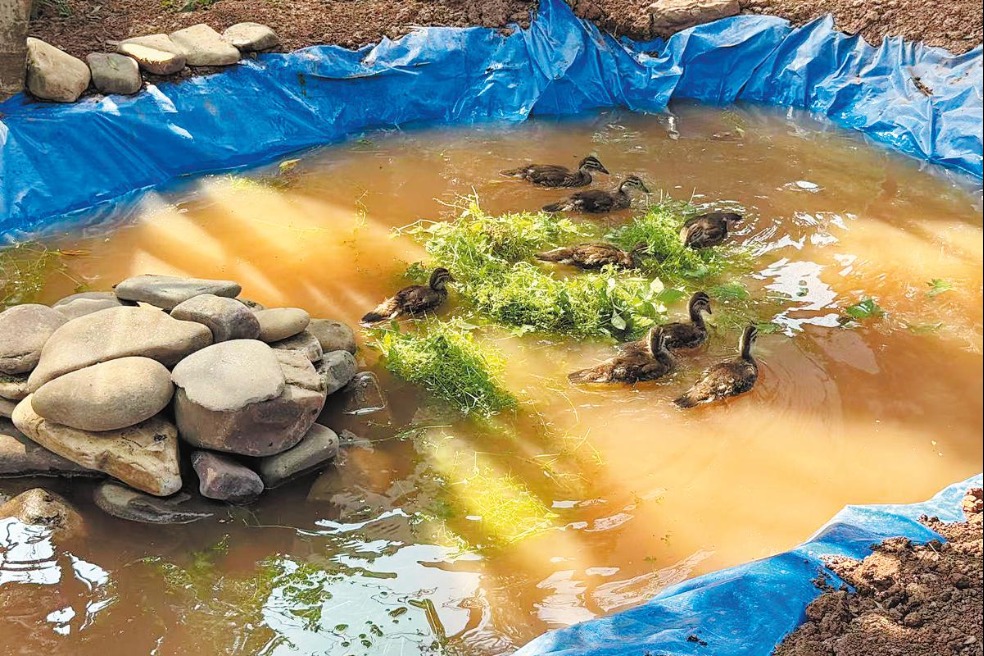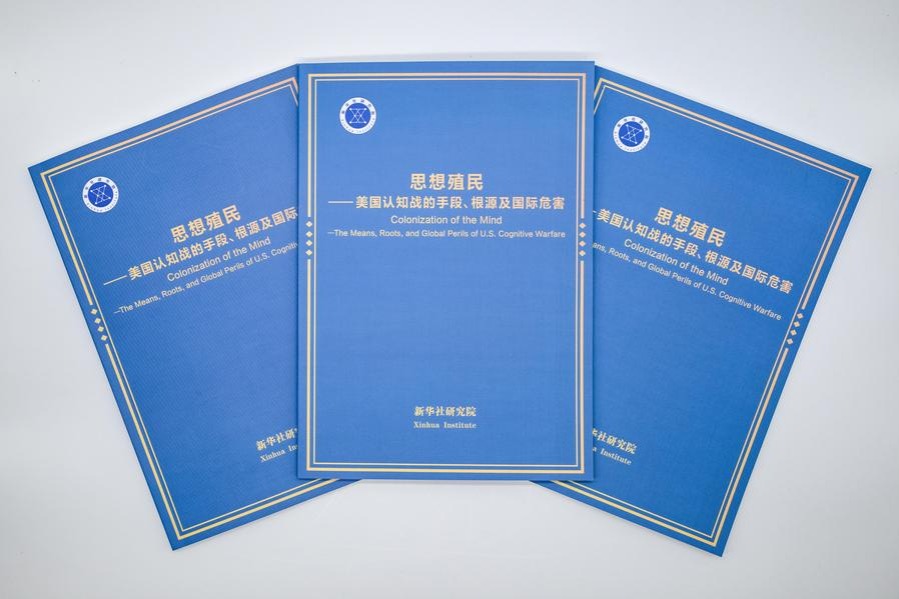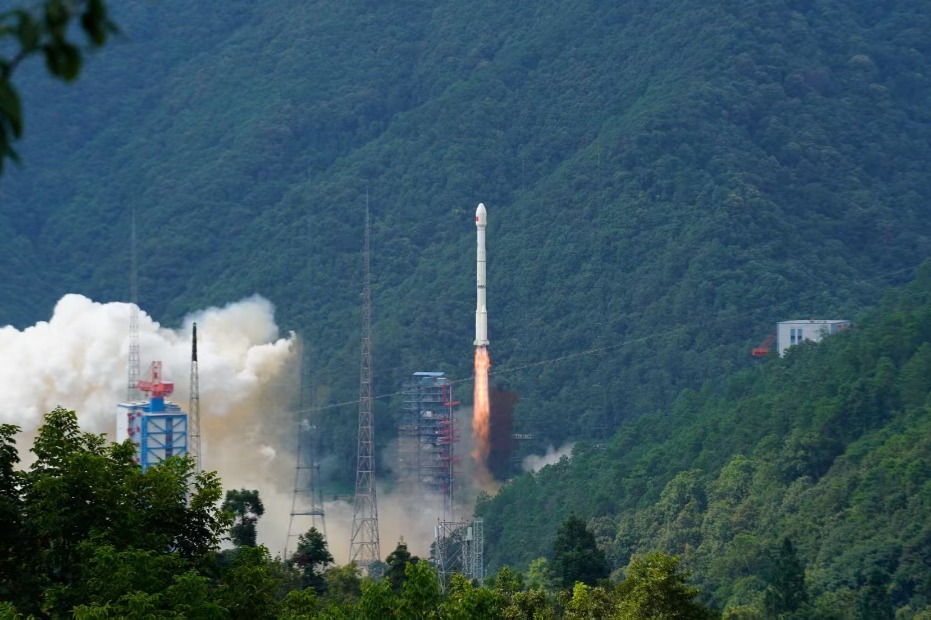Intl cooperation sought to protect jumbo squid
China's voluntary high seas moratorium seeks to safeguard the critical fishery resource

The jumbo flying squid, or Dosidicus gigas, is a critical fishery resource and the most harvested invertebrate species in the South Pacific, but its yield has dropped substantially in recent years, suggesting the stock could be in decline and spurring calls for stronger international cooperation on monitoring, assessment and management, experts said.
The appeal was published on Thursday in the journal Science, with Chen Xinjun and Li Gang, professors at the College of Marine Living Resource Sciences and Management at Shanghai Ocean University, among its authors.
The jumbo flying squid is one of the larger squid species. It can grow up to 1.5 meters in length and weigh 40 to 60 kilograms in about a year. It inhabits the open ocean, primarily in the eastern central Pacific Ocean, along the coasts of Peru and Chile, and in offshore waters with abundant resources. With strong predatory capabilities, adaptability and a short life cycle, it has become a significant economic fishery resource in the region and is consumed worldwide.
Nearly 1 million metric tons of jumbo flying squid are caught in the Southeast Pacific annually. As a transnational stock, it is harvested by thousands of artisanal vessels in Ecuadorian, Peruvian and Chilean waters, as well as by hundreds of Chinese industrial vessels in the high seas. However, the stock has never been assessed across its entire distribution in the Southeast Pacific, and key population data remains unknown, the article said.
"The jumbo flying squid is vulnerable to climate change and human activities especially due to its short life cycle. We have seen substantial fluctuations in its harvest in recent years, which urgently requires further international collaboration and scientific assessment to figure out the reasons," Chen said.
The jumbo flying squid stock supports the livelihood of thousands and provides food security to millions globally, with participants from a wide range of nations involved in its harvest. The South Pacific Regional Fisheries Management Organisation, or SPRFMO, regulates high seas harvests of jumbo flying squid. The organization has placed caps on the number of fishing vessels and implemented protocols for data collection by observers on vessels operating in the high seas.
But the lack of international cooperation has hindered efforts to build a regional database and ensure that SPRFMO members share biological samples for regional stock assessments, the article said.
Chen, Li and co-authors from Spain, Chile, Peru, New Zealand, the United States and the United Kingdom called for stronger international scientific collaboration to protect the stock before it requires a recovery plan.
"Building such a regional database for stock assessment of the jumbo flying squid is essential. Knowing more precisely about its population can help set a reasonable catch limit for the participants, and ultimately help achieve the sustainable utilization and conservation of the fishery resource," Chen said.
As an SPRFMO member, China has been making efforts to promote sustainable development of marine fishery resources. According to the Development of China's Distant-Water Fisheries released in October 2023, China has voluntarily imposed three-month fishing moratoriums on certain high seas fisheries targeting squid since 2020.
Voluntary fishing moratoriums on the high seas are temporary or periodic bans proactively implemented by nations or regions in areas beyond their jurisdiction to conserve resources and ecosystems over the long term. In the central and eastern Pacific high seas, China imposes a voluntary fishing moratorium from Sept 1 to Nov 30 annually. The area is a critical habitat for jumbo flying squid, and the moratorium aims to protect spawning populations.
In June, Shanghai Ocean University hosted an international symposium on conservation and management of squid resources, where global scholars agreed on a Shanghai proposal to enhance international cooperation on the sustainable development of global squid fisheries.
- Intl cooperation sought to protect jumbo squid
- Training event helps build cross-border digital bridges
- 'Mother' hen helps hatch 8 mandarin ducks in Hubei
- Ranger dedicates life to protecting nature
- Xinhua think tank report exposes perils of US ideological colonization
- Jobs, TCM, culture ... night markets in Lanzhou evolve to cover daily services





































